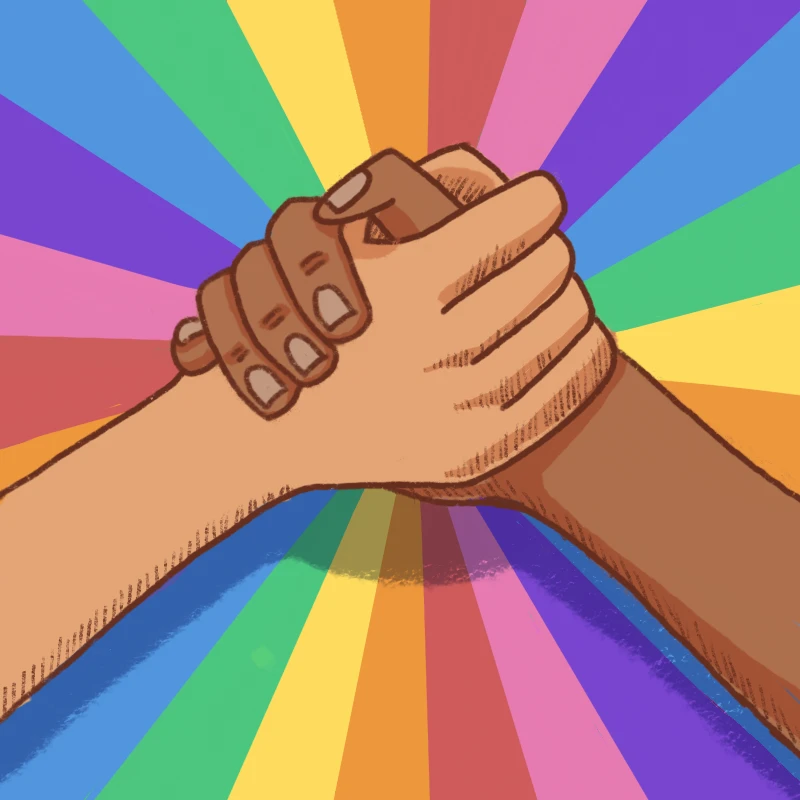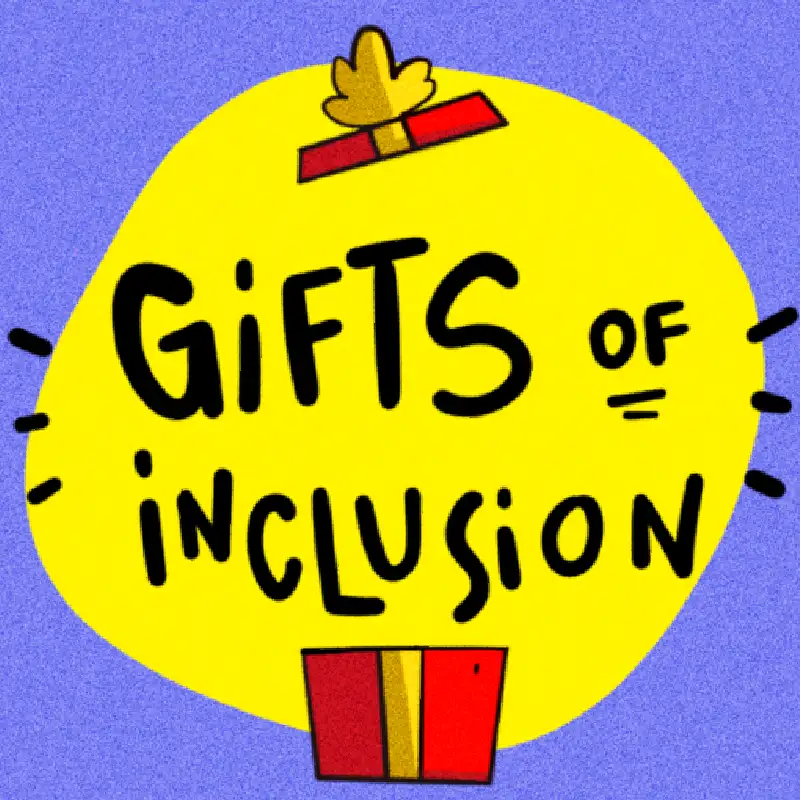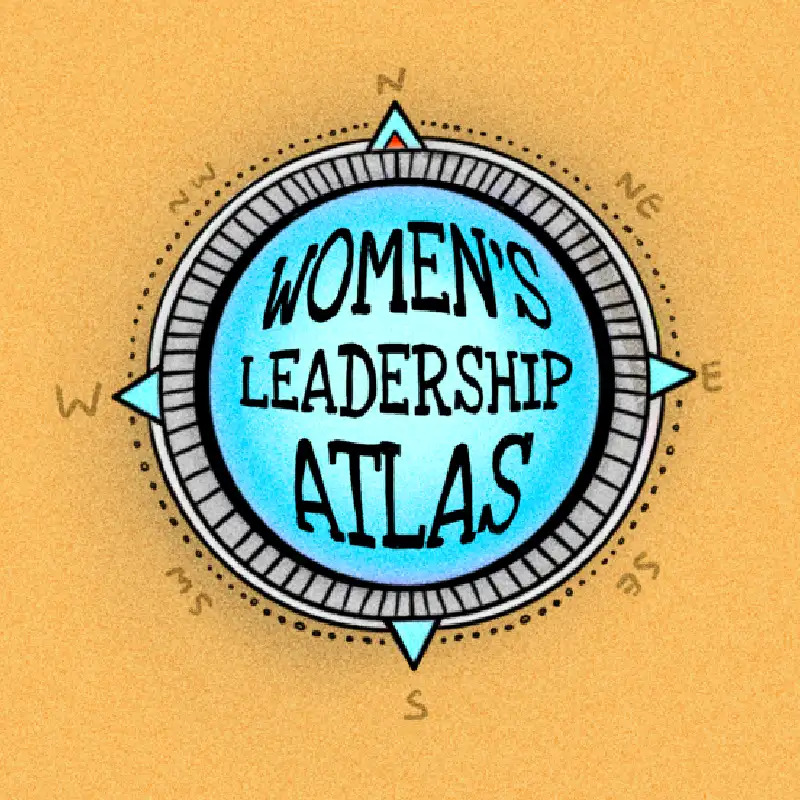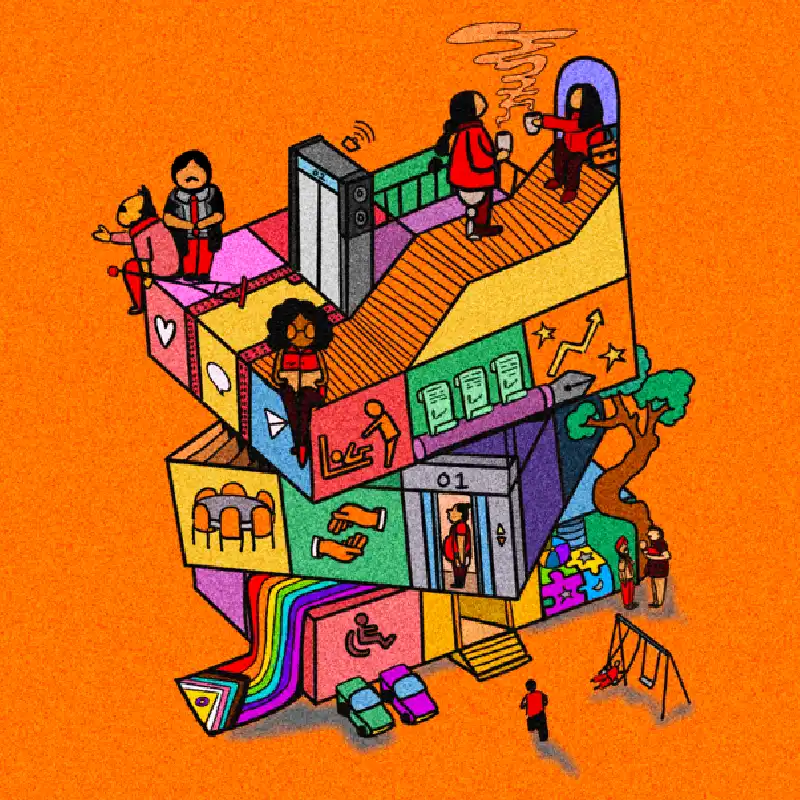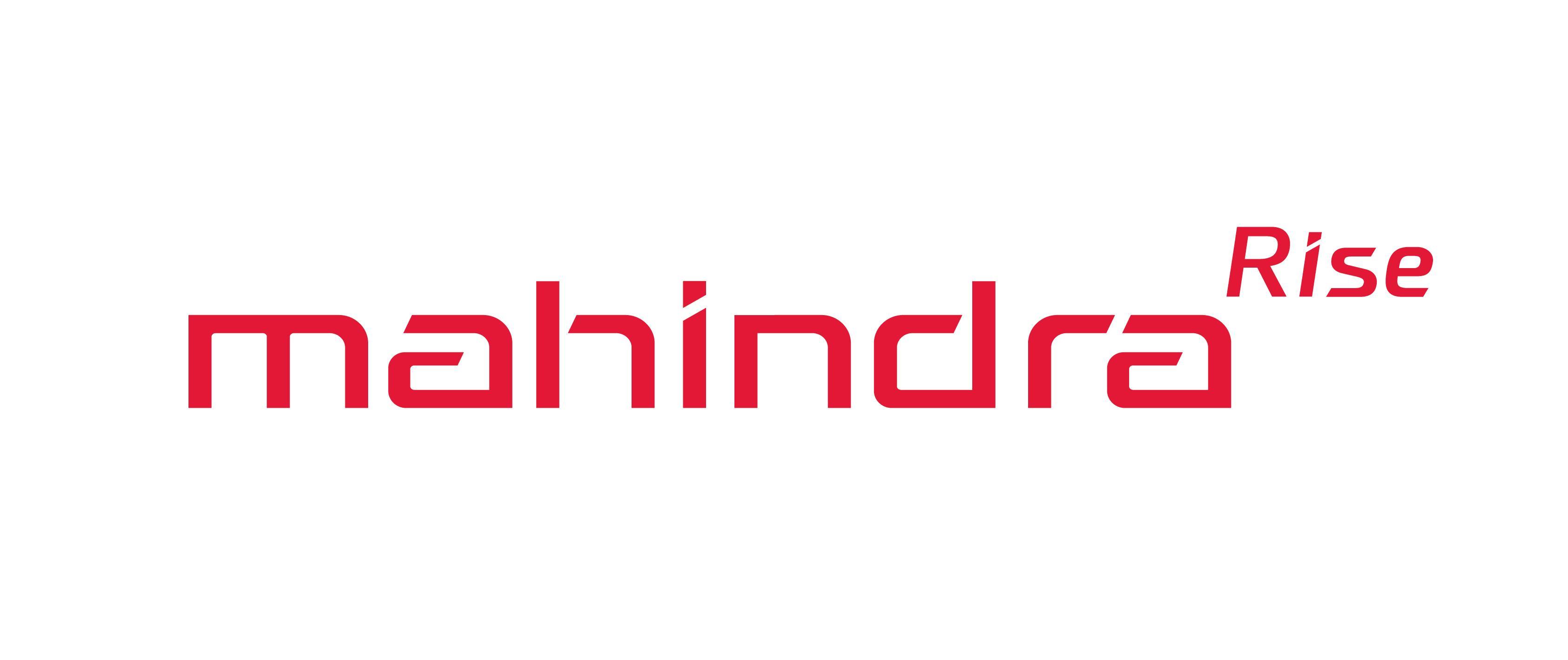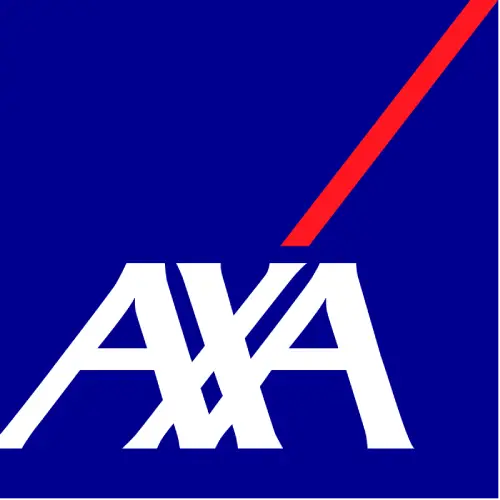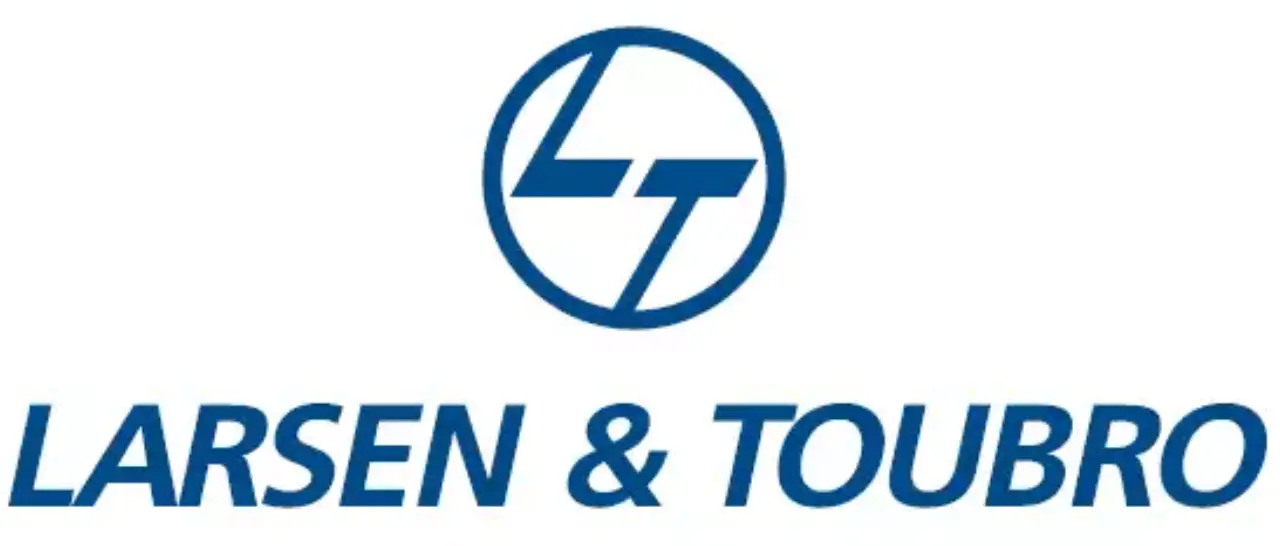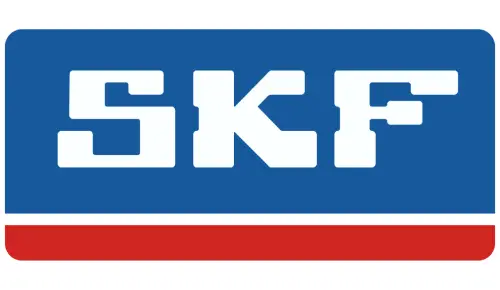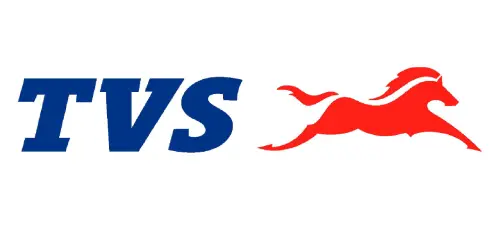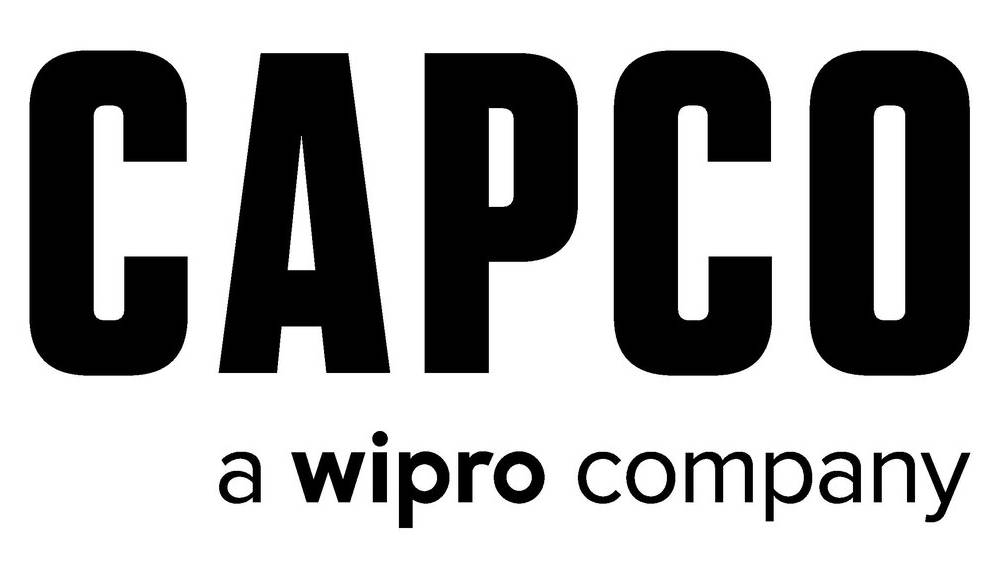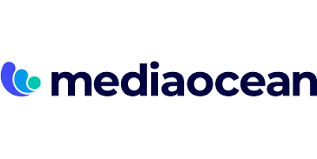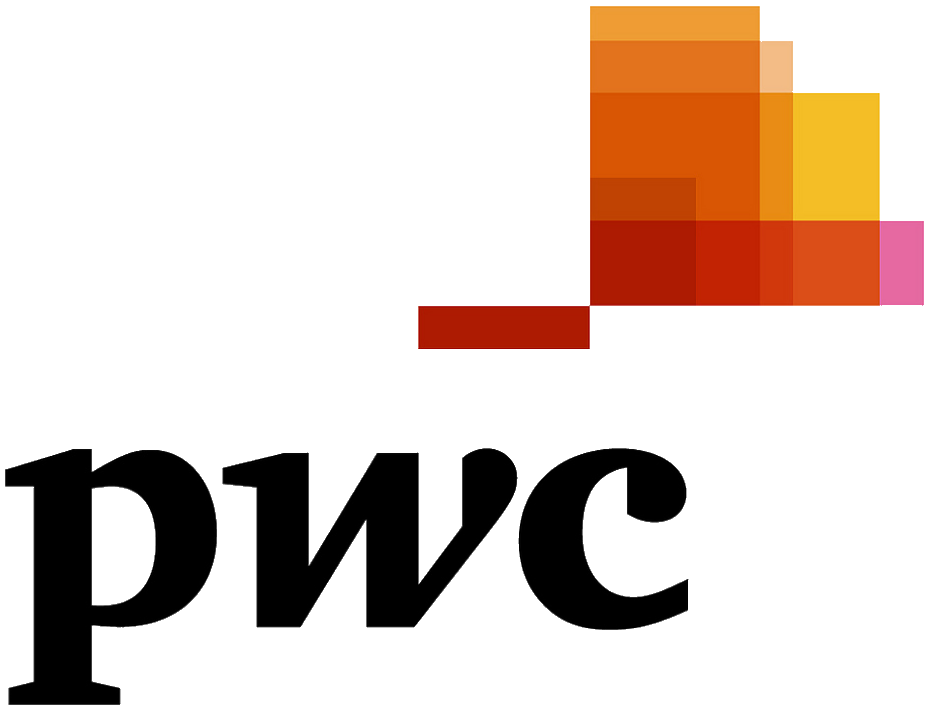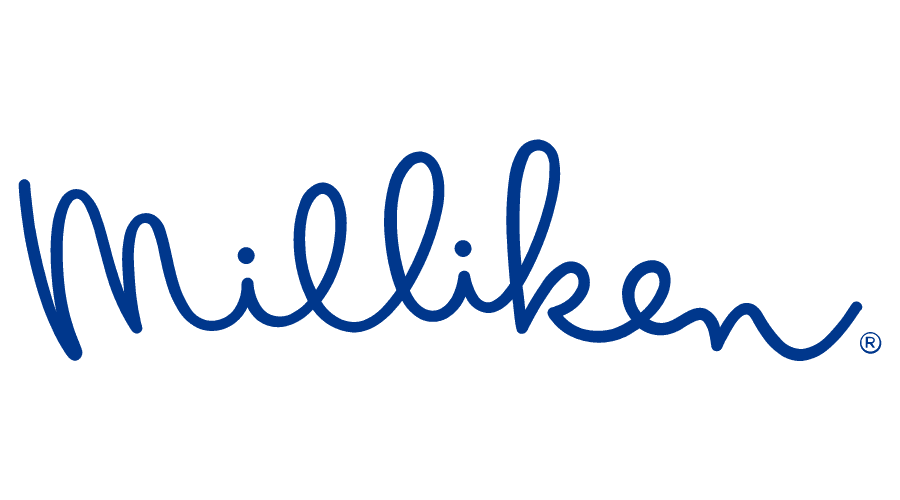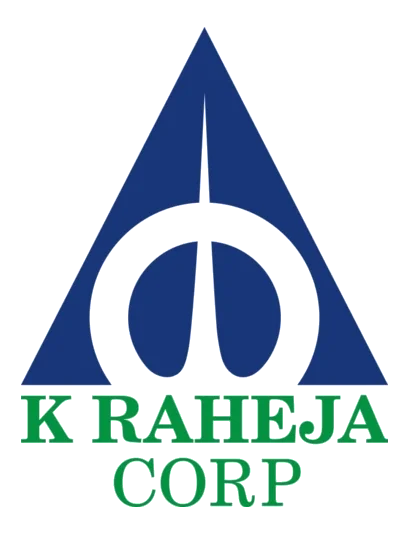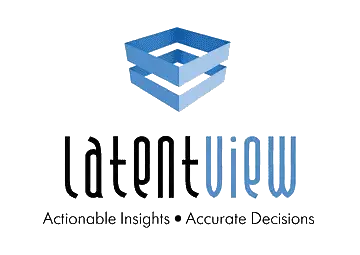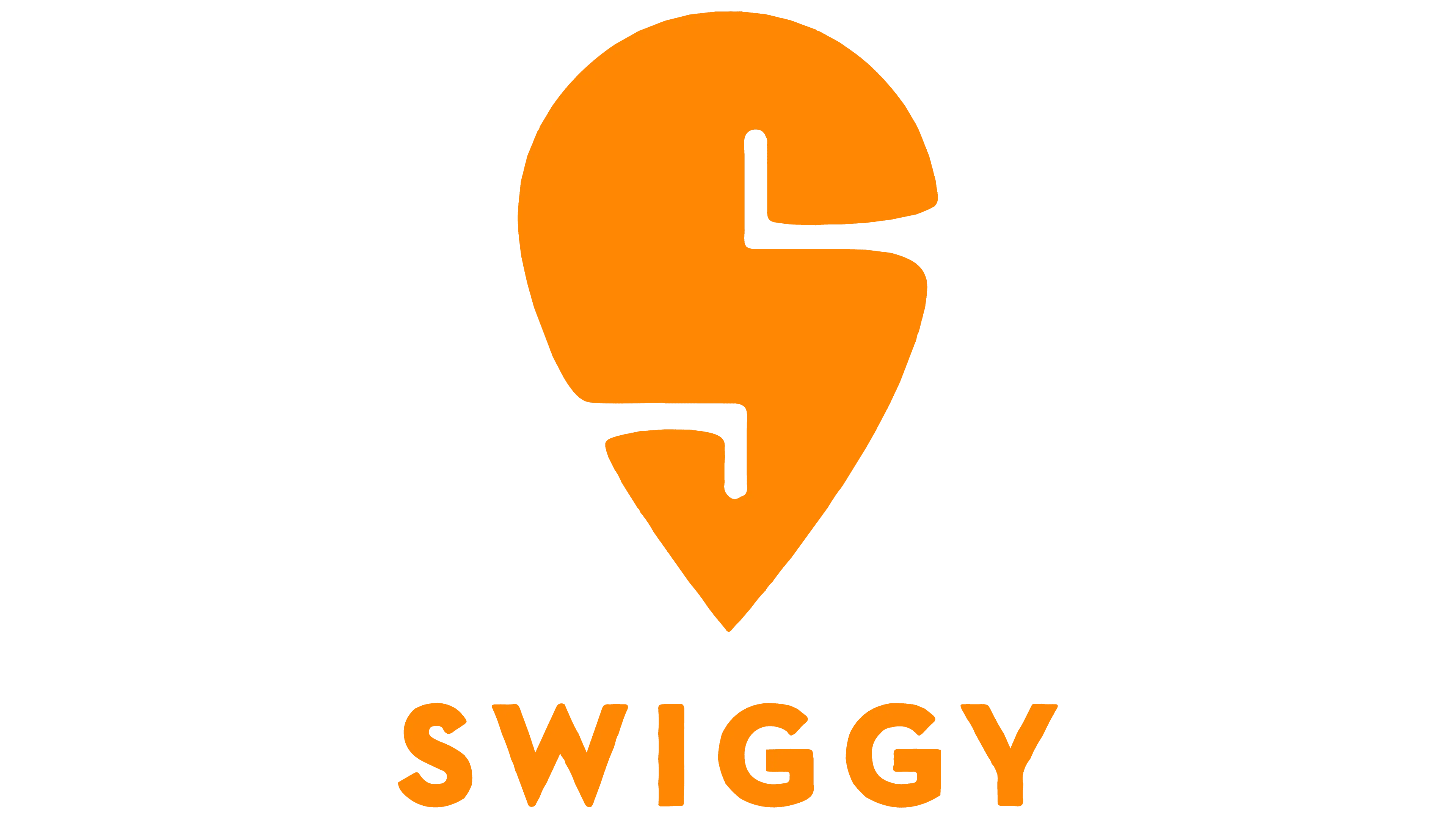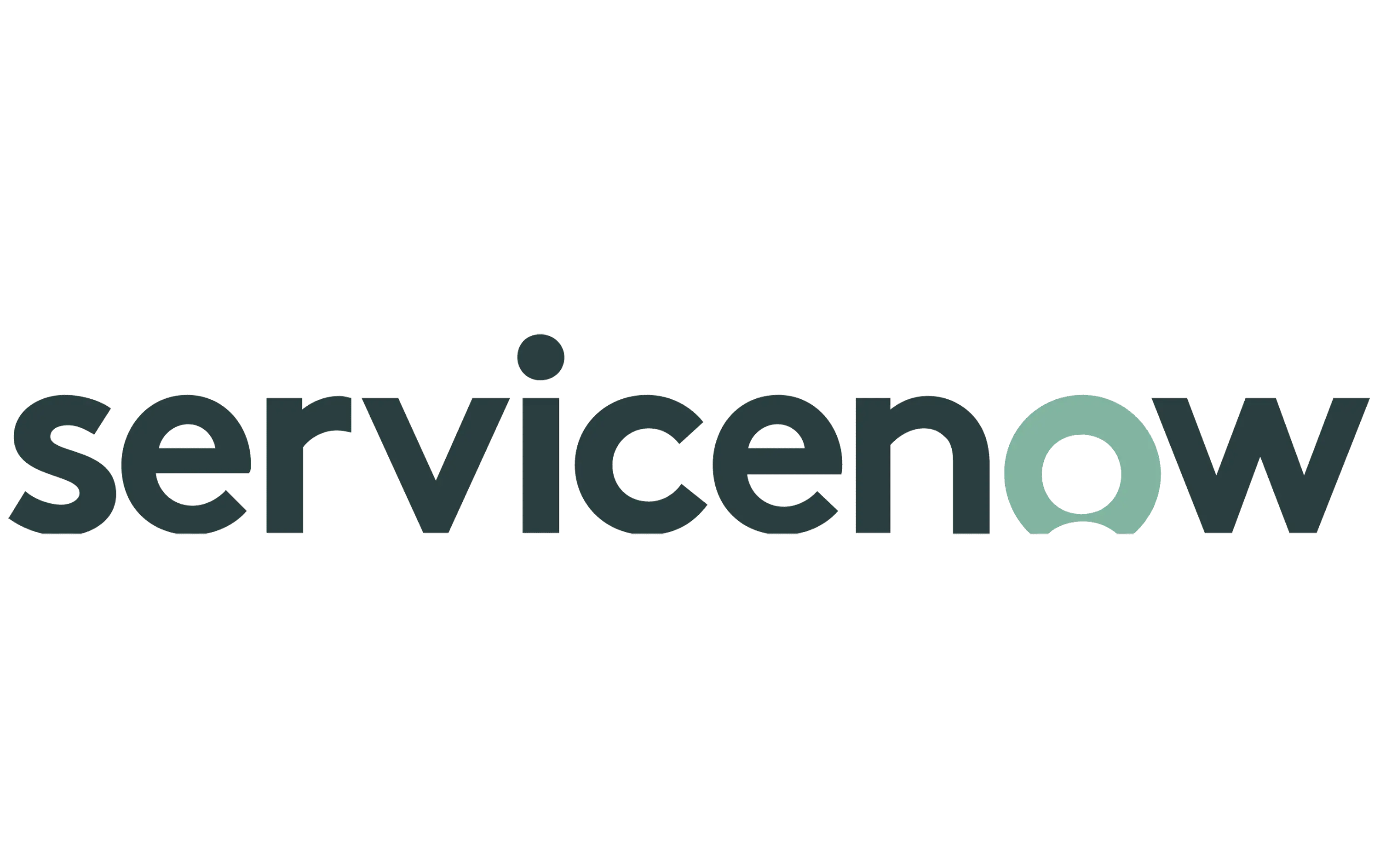Intellectual property rights
You are not permitted to use this Website for any purpose other than knowledge and understanding of Breath Beings products and services.
All content in all forms on this Website, including (but not limited to) blogs, data, photographs,illustrations, logos and information belong exclusively to Breath Beings, unless explicitly stated. You shall not modify, distribute, perform, link, display, edit, or in any way exploit any of the content in part or in whole. Any modification or use shall be made only with the express written consent of the Creative Director at Breath Beings Pvt Ltd (write to aruna@breathbeings.in). Any extraction of the intellectual property of Breath Beings Pvt Ltd from this Website is prohibited.
By using this Website, you agree that all of Breath Being’s trademarks,signature programmes, copyrights, logos, product and brand features, service names are trademarks and property of Breath Beings Pvt Ltd.
All content, including but not limited to the format, script, dialogues, titles, and presentation of games, acts, and theatre plays created by Breath Beings Pvt Ltd are protected by the copyright laws of India. These intellectual property rights are owned by Breath Beings Pvt Ltd and are an integral part of our product offerings.
No part of our games, acts, and plays, including the format, script, dialogues, titles, and presentation, may be reproduced, distributed, or transmitted in any form or by any means, including photocopying, recording, or other electronic or mechanical methods, without the prior written permission of Breath Beings Pvt Ltd.
Breath Beings Pvt Ltd reserves the right to enforce its intellectual property rights to the fullest extent of the law. All rights not expressly granted in this disclaimer are reserved.
For inquiries regarding the use or licensing of our copyrighted materials, please contact us at begin@breathbeings.in
Thank you for respecting our intellectual property rights.
Breath Beings - REGD. OFFICE:
No. 198, CMH Road, 2nd Floor, Indiranagar, Bangalore North,
Bangalore - 560038, Karnataka (IN)


